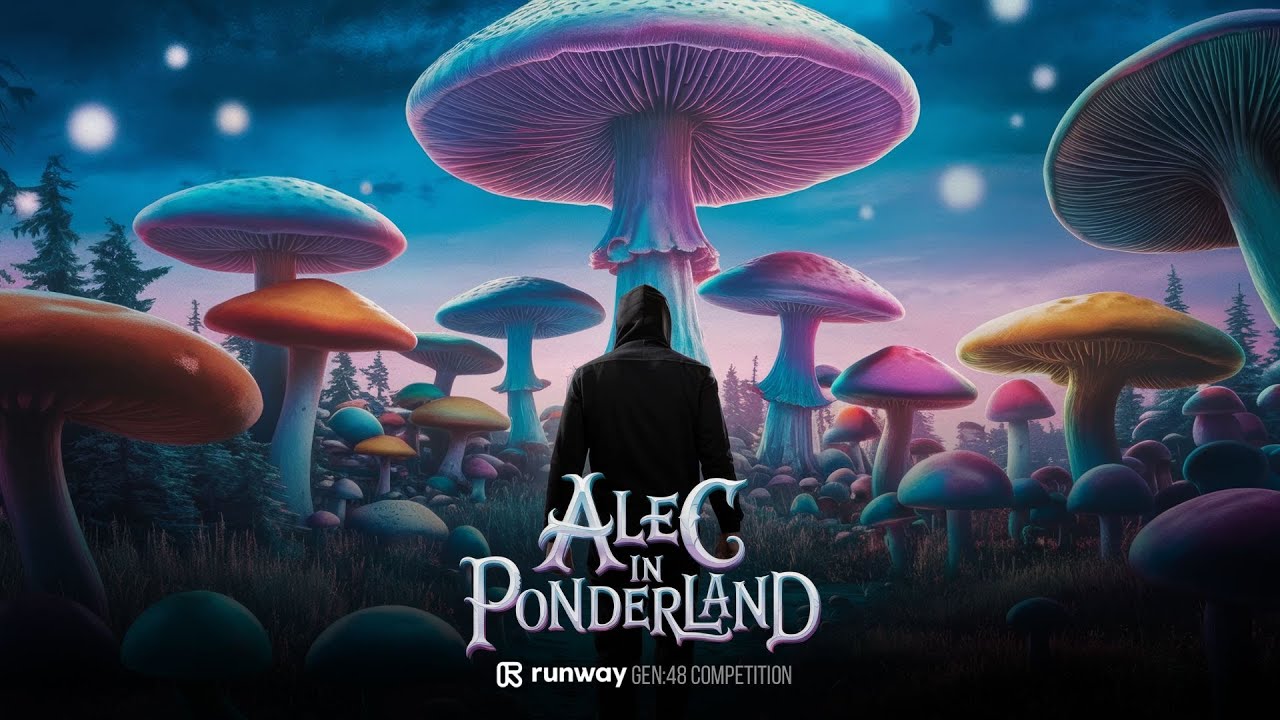The mind-bending physics of time | Sean Carroll
Summary
TLDRDie Zeit ist ein Rätsel der Physik. Obwohl die Zeit eine Richtung hat, unterscheiden die Grundgesetze der Physik nicht zwischen Vergangenheit und Zukunft. Die Zeit hat eine Richtung wegen des Einflusses des Urknalls. Die Entropie des Universums nimmt stetig zu. Komplexe Strukturen wie Lebewesen können nur in einer Welt mit wachsender Entropie existieren. Das Universum war am Anfang einfach und geordnet, und wird in der Zukunft wieder so sein. Dazwischen entstehen komplizierte Strukturen.
Takeaways
- 😀 Zeit ist einfach ein Label für verschiedene Ereignisse im Universum.
- 😯 Es gibt viele rätselhafte Eigenschaften der Zeit, wie die Asymmetrie zwischen Vergangenheit und Zukunft.
- 🤔 Die fundamentale Physik unterscheidet nicht zwischen Vergangenheit und Zukunft.
- 😮 Der Pfeil der Zeit kommt vom Einfluss des Urknalls.
- 😃 Entropie misst die Unordnung eines Systems.
- 🧐 Entropie nimmt im Universum natürlicherweise zu.
- 🤨 Das Universum startete in einem sehr geordneten, niedrig-entropischen Zustand.
- 😕 Komplexität braucht steigende Entropie, um zu existieren.
- 🙂 Wir verdanken das Leben der Tatsache, dass die Entropie zunimmt.
- 🤔 Warum komplexe Strukturen wie Leben entstanden sind, ist noch ein Rätsel.
Outlines

Dieser Bereich ist nur für Premium-Benutzer verfügbar. Bitte führen Sie ein Upgrade durch, um auf diesen Abschnitt zuzugreifen.
Upgrade durchführenMindmap

Dieser Bereich ist nur für Premium-Benutzer verfügbar. Bitte führen Sie ein Upgrade durch, um auf diesen Abschnitt zuzugreifen.
Upgrade durchführenKeywords

Dieser Bereich ist nur für Premium-Benutzer verfügbar. Bitte führen Sie ein Upgrade durch, um auf diesen Abschnitt zuzugreifen.
Upgrade durchführenHighlights

Dieser Bereich ist nur für Premium-Benutzer verfügbar. Bitte führen Sie ein Upgrade durch, um auf diesen Abschnitt zuzugreifen.
Upgrade durchführenTranscripts

Dieser Bereich ist nur für Premium-Benutzer verfügbar. Bitte führen Sie ein Upgrade durch, um auf diesen Abschnitt zuzugreifen.
Upgrade durchführenWeitere ähnliche Videos ansehen

For Honor x Prince of Persia - Official The Warrior Prince Trailer

Senkrechter Wurf

Alec in Ponderland - Runway Gen48 - Strangerthanhell - By Max Meinold, Tarkan Sarim, Jan-Willem Blom

Der Millikan-Versuch

Neues Buch von Foucault veröffentlicht! | Gert Scobel

Masse, Gewicht und Gewichtskraft - Was ist der Unterschied?

Schwarze Löcher – geht nicht, gibt's nicht? | Harald Lesch
5.0 / 5 (0 votes)